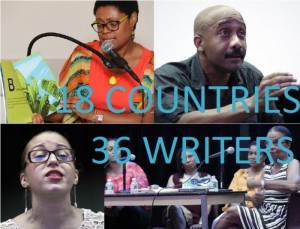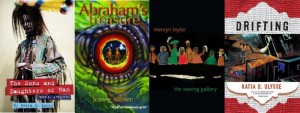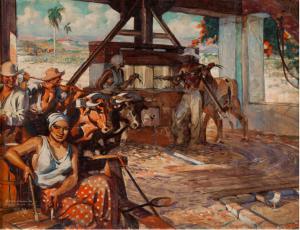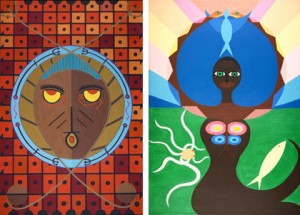Call for Papers for manuscript submission for the Journal of Black Sexuality and Relationships which is published by the University of Nebraska Press. This refereed, interdisciplinary journal will shed light upon the continuum of sexual expression of those of African descent. Please submit narratives of qualitative and quantitative research efforts or of conceptual or clinical essays that seek to advance the field of sexology.
The first issue will be out in October, 2014 and so the deadline for manuscript review is 15 June 2014.
For more information please visit their website here.
Submissions
Send manuscripts electronically using Microsoft Word to James C. Wadley, Ph.D at [email protected] and [email protected]
DEADLINE: 15 June 2014
Each manuscript must be accompanied by a statement that it has not been sent for publication or published elsewhere. As an author, you are required to secure permission if you want to reproduce any figure, table, or extract from the text of another source. All figures should be camera ready.
All parts of the manuscript should be typewritten, double-spaced, with margins of at least one inch on all sides. Quantitative manuscripts should not exceed 30 pages total (including cover page, abstract, text, references, tables, and figures), with margins of at least 1 inch on all sides and a standard font (e.g., Times New Roman) of 12 points (no smaller). Qualitative manuscripts should not exceed 40 pages. For papers that exceed page limits, authors must provide a rationale to justify the extended length in their cover letter (e.g., multiple studies are reported). Papers that do not conform to these guidelines may be returned with instructions to revise before a peer review is invited.
The manuscript files should be submitted in MS Word (Windows Vista users, please save your files as an earlier “.doc” filetype). Include (1) the manuscript title and running head; (2) all author names, affiliations, mailing addresses, and e-mail addresses (indicate who the corresponding author for the article should be); (3) any acknowledgments; and (4) brief biographical paragraphs (50 words or less) describing each author’s current affiliation and research interests.
Authors should also supply a shortened version of the title suitable for the running head, not exceeding 50 character spaces. Each article should be summarized in an abstract of no more than 100 words. Avoid abbreviations, diagrams, and reference to the text. Format for references and citations should conform to the Publication Manual of the American Psychological Association, Sixth Edition. This may be ordered from the Publication Department, American Psychological Association, 750 First Street, NE, Washington D.C. 20002-4242, phone (202)336-5500, fax (202)336-5502.
Book Reviews
Book reviews should be sent to the attention of the editor (address above). Review essays as well as bibliographic articles and compilations are sought. Potential contributors of such material are advised to correspond with the editor.
Peer Review Policy
All research articles in this journal undergo rigorous peer review, based on initial editor screening and anonymous refereeing by two anonymous referees.
Message adapted from CFP announcement.








